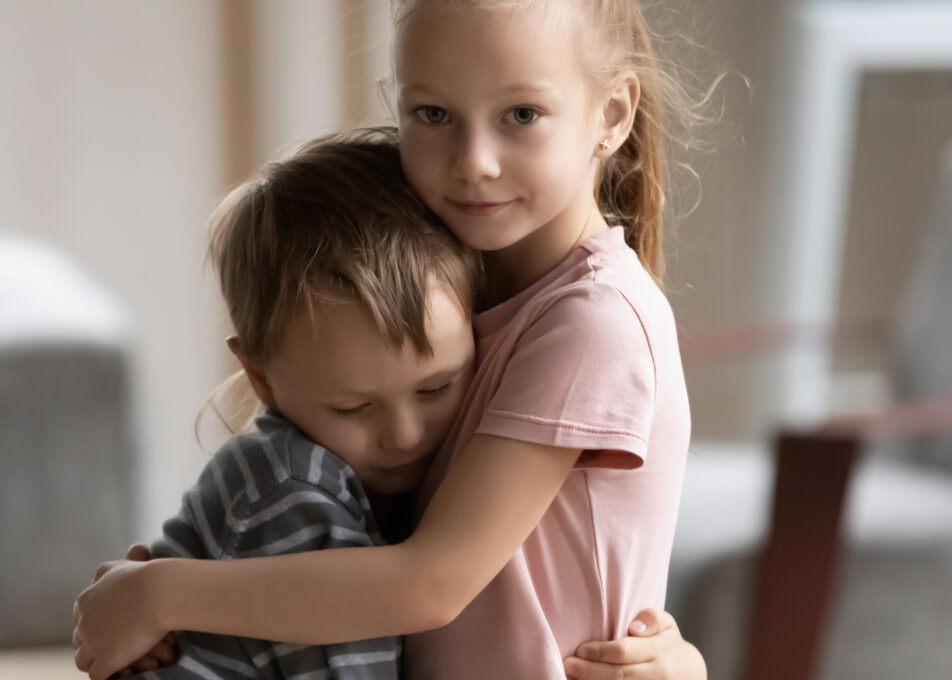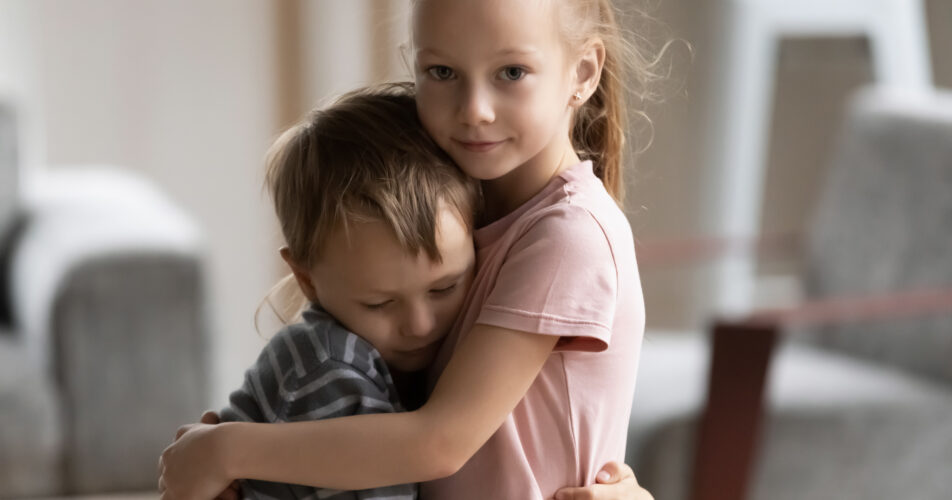

Trauma Informed Training
At Clifford House, our unique Trauma Informed training is a tailored programme designed to empower foster parents in making a meaningful impact on the lives of the children they support.
Enquire today
Many children who need foster care have come from homes which struggled to provide for there needs, and sometimes even abusive. Care-experienced children often have a deep desire to be cared for and loved, but many also experience trust issues with adults.
Children in care need special parenting methods which recognise the impact which trauma may have had on their brain development, and which allow them to build trust with their foster parents over time. Let’s learn the basics of how trauma can impact children, and how we prepare our foster parents to take a trauma-informed approach to parenting.
Did you know…
Trauma can occur at any age.
Many people are surprised to learn that trauma can occur even in the womb. We tend to think of babies or very young children as a blank slates, but this simply isn’t the case— brain development occurs rapidly within the first trimester of a pregnancy, and if a pregnant woman is exposed to major stressors such as domestic violence or substance abuse, these can interfere with a baby’s brain development.
Trauma is stored in the body, as well as the brain.
Most people don’t retain any memories of our earliest years due to natural childhood amnesia, so you might assume that children can’t be impacted by experiences they can’t remember. However, research shows that even though a child may not actively remember a harmful event or threatening circumstances, their body and brain will still store those early experiences, which can shape a child’s behaviour and the rate at which they hit typical developmental milestones.
Trauma changes the way a child’s brain develops.
The brains of children who have experienced trauma often develop in ways which are wired for survival rather than for growth and forming healthy relationships. Children might display some unhealthy behaviours which are survival strategies developed by their brain in an attempt to keep them safe when there was no one around to protect them from harm.
You may not understand the full extent of a child’s trauma when you first become their foster parent.
Often children may not have the language to share what has happened to them, or they may feel shame around their experiences and feel afraid to speak out. You may not have the opportunity to understand the full extent of a child’s trauma until later in their care journey, as you worth with them to help them to heal.
It can take time for children to feel safe when living with a foster family.
Even when a child is removed from an unsafe environment and into a safe and nurturing environment, like with a foster family, they will not automatically feel safe and secure. The effects of trauma on the rain are far-reaching, and it takes time and close parental guidance for a child to heal, learn healthier ways of manging their big emotions and to be able to trust adults.

Accessible training for foster parents
We make sure to offer a blended approach to learning which makes our training is accessible to all our foster parents, no matter how busy your lifestyle might be. This means that you can take part in our training either face-to-face or online; whichever style suits you best. Whatever you choose, you’ll have the opportunity to meet other foster parents and gain their insights – we’d love to see you face-to-face so we can share a cuppa while we chat, too!
Enquire today
Our training takes place over six sessions, which cover:
- Understanding how trauma develops in children
- Attachment theory and how this links to behaviours
- How trauma impacts brain development, and how a therapeutically informed parenting approach can support children in care
- How foster parents can help children to move through their trauma and build positive, trusting relationships with others
- How to effectively for children who have experienced trauma
During your training, you’ll learn about everything we’ve discussed and more, including the responsibilities you’ll have as a foster parent and how to safeguard children from harm.
The skills you’ll learn with give you the tools you need to step into fostering with confidence, equipping you with trauma-informed strategies to help you give your absolute best to the children in your care.
Our training involves…
- Mandatory training delivered at our local office in Bromsgrove. You’ll learn all the basics of fostering, as well as gaining an in-depth understanding of how to deliver trauma-informed care.
- Optional additional training, covering every topic you might need support with while fostering, such as keeping in touch with a child’s birth parents, managing behaviour and supporting children with additional needs. These sessions are delivered regularly, both in-person and virtually.
- Optional E-learning modules on a range of topics, which you’re welcome to complete whenever you want to add some extra tools to your parenting toolkit.
- We’ll signpost you to a range of free virtual events which might be useful to your fostering family, covering a range of topics such as how to teach children the skills they need to be safe around family pets and how to ensure your foster children are safe while gaming online.

Ready to learn more about fostering in the West Midlands?
You’ll never be alone at Clifford House – as well as our great training, we also support our foster families across the West Midlands with regular events like support groups, family days out and coffee mornings, and we’re always on hand to provide expert advice alongside our generous fostering allowance.
If you’re interested in fostering in Birmingham or across Worcestershire with a small, local agency who will take the time to get to know your family on a personal level, reach out to our team today.
